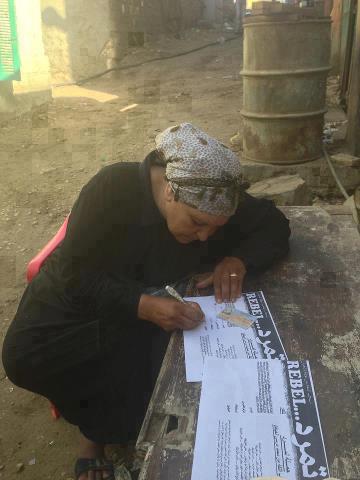Egypt has expressed its concern on Monday over the Democratic People’s Republic of Korea’s latest hydrogen bomb test, describing it as a threat to regional security in East Asia, according to a statement from the Foreign Ministry.
North Korea successively tested a miniaturised hydrogen nuclear device, according to state-owned Korean news agency KCNA.
The Foreign Ministry statement said that Egypt is worried about the rising tensions in the Korean peninsula, which raises disputes in the region, calling upon North Korea to abide by resolutions from the UN Security Council, warning that this will violate the Nuclear Non-Proliferation Treaty.
The country did several bomb and nuclear tests, with previous tests coming in 2006, 2009, and 2013. South Korea said it measured a 4.3-magnitude seismic event that it estimates occurred in the proximity of the North Korean nuclear facilities.
According to KCNA, the Political Bureau of the Central Committee of the Workers’ Party of Korea, headed by leader Kim Jong Un, discussed “detailed ways and measures for containing the US and other hostile forces’ vicious moves for sanctions against the DPRK.”
Amid calls to intensify sanctions on the Asian country, the international community has condemned the testing of the hydrogen bomb, which in comparison, was 11 times the size of its previous detonation in January 2016.
The UN Security Council held an urgent meeting Monday to discuss the North Korean test.
Pyongyang is already facing sanctions over its nuclear programme since its first nuclear test in 2006. Those sanctions may be expanded after the test is confirmed.
International nuclear discussion has recently been centred on Iran, who reached a deal with six world powers known as the P5+1 – China, France, Germany, Russia, the UK, and the US – to restrict its nuclear programme.
For decades, the international community has called on Iran to halt its nuclear programme since Tehran had been engaged in efforts to acquire the capability to enrich uranium for energy production and, allegedly, for its nuclear weapons programme.
Iran had been subject to sanctions, which prohibited countries from exporting nuclear fuel-cycle facilities to Iran, and required that all countries freeze the assets of several Iranian organisations and individuals for their involvement in Iran’s nuclear and missile programmes.
In October 2015, Iran reached a deal that ended decades of economic sanctions in exchange for restrictions and enhanced monitoring on its nuclear programme.
Under the deal, Iran could keep 300kg of uranium — enriched at no more than 3.67% — for the next 15 years. The deal would also give inspectors from the International Atomic Energy Agency “extraordinary and robust” access to Iranian facilities.
While Iran has suffered years of sanctions and restrictions, Israel, the only country in the region that has nuclear weapons, is permitted to act freely with impunity.
Israel has never admitted it has a nuclear weapons arsenal and has never signed the Nuclear Non-Proliferation Treaty.
In 2015, North Korean ambassador to Egypt Pak Chun Il defended his country’s nuclear experiments and said North Korea will never use this weapon, except as a deterrent weapon if any other country violated its sovereignty. He added that North Korea only used its own technology to develop and carry out this experiment. The alleged experiment means that the country reached a new level of owning nuclear weapons by developing a hydrogen bomb.
Pak Chun II also said the experiment is a defence measure aiming to protect the Korean nation.
The joint military exercises carried out by both the US and South Korea were the main reason North Korea decided to develop nuclear weapons, according to the ambassador.



